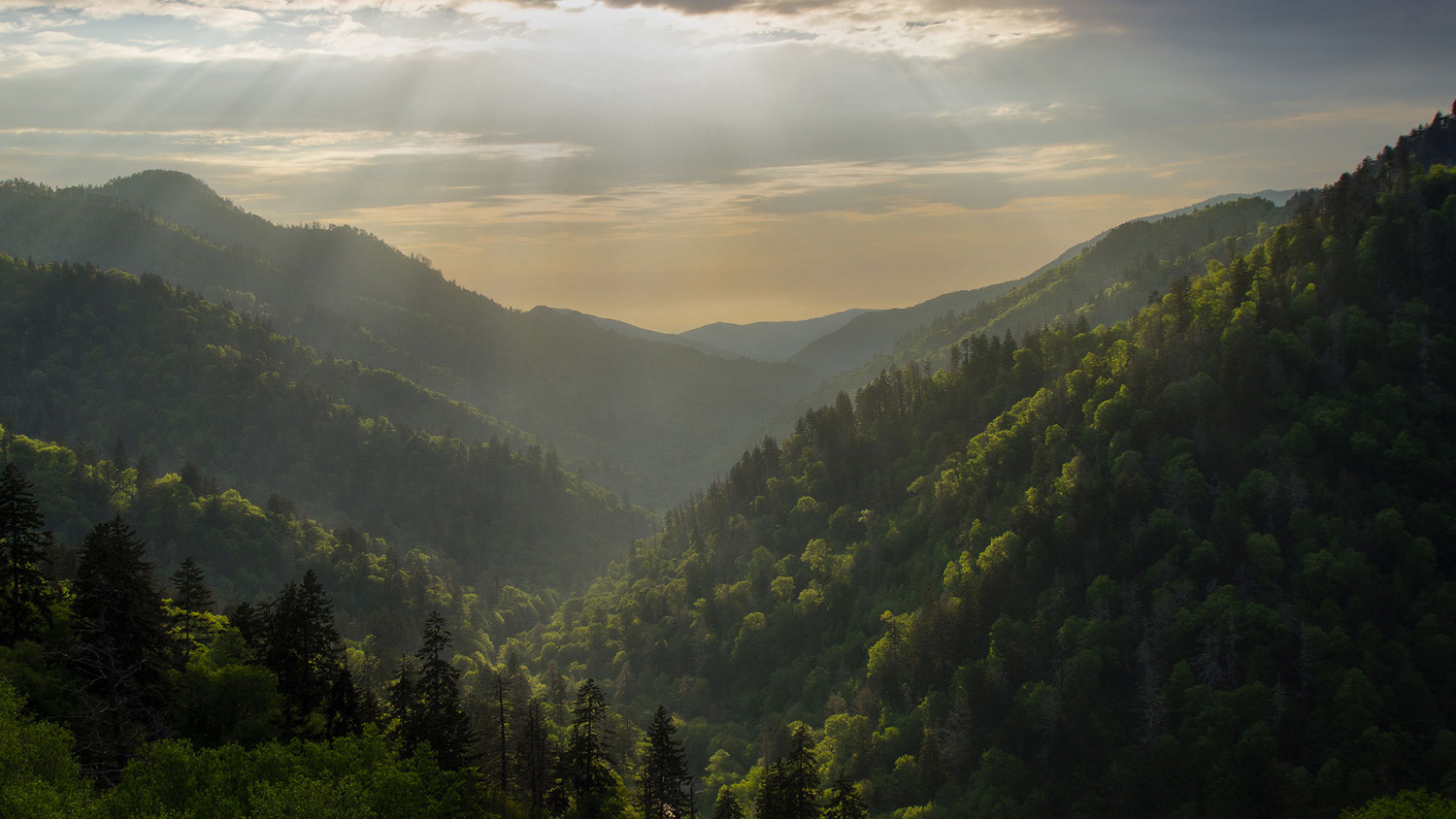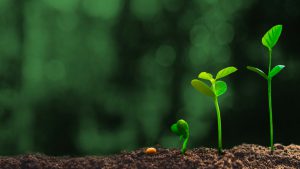We know our existing and potential customers want to know what we’re doing to help increase our sustainability. And as part of our mandate to provide eco-friendly web hosting, in November we planted over 3,200 trees and helped to fund two Gold Standard projects.
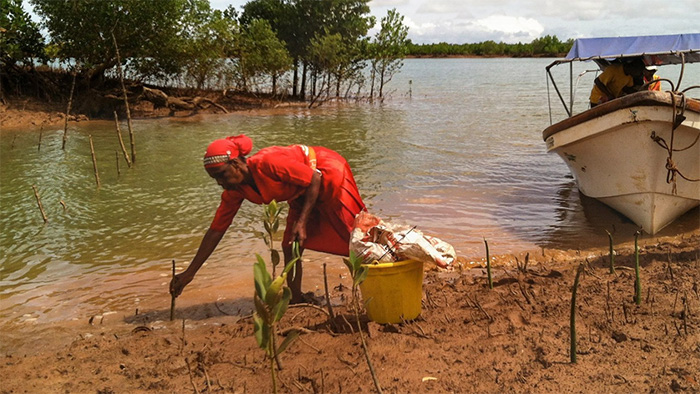
2500 Rhizophora mucronata planted in Madagascar
For our hosting packages and servers, we purchase trees through Tree-Nation. This month, we purchased 2,500 Rhizophora mucronata for the Eden Reforestation Project in Madagascar. Better known as red mangroves, these little powerhouses grow brilliantly in estuaries and coastal areas, helping to protect fish nurseries from predators as well as stopping the erosion of the coastline. And we love to plant them!
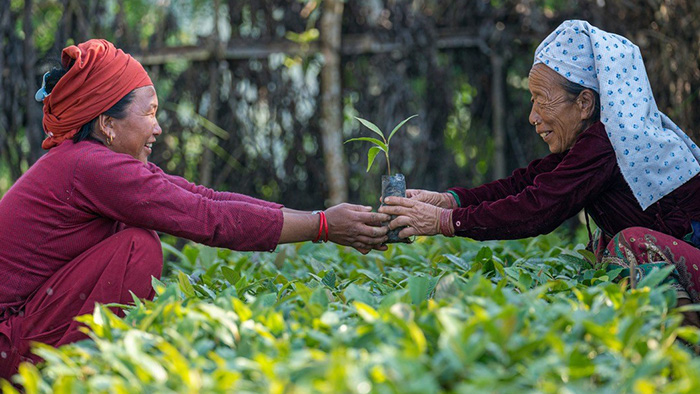
Over 600 trees planted in Nepal
We also love the Eden Reforestation Project’s Nepal project, giving us an even wider range of trees to plant. We planted 500 Cinnamomum tamala, better known as the Indian bay leaf tree. Used in cooking medicine, woodworking, and producing essential oils, the Indian bay leaf tree is actually not a relative of the bay leaf tree we’re used to in England, but is, instead, a relative of both true cinnamon (Cinnamomum verum) and cassia (Cinnamomum cassia) trees.
We also planted 88 Acacia catechu, also known as the Senegalia catechu, kher, or black catechu. The kher’s seeds are a good source of protein, and the wood extract is used in traditional medicine as well as an ingredient in paan, which is chewing betel leaves with areca nuts.
Our 35 Bombax ceiba trees were an additional purchase for everyone who took up our Black Friday offer in November. Bombax ceiba is known as the cotton tree or red silk-cotton tree. The flowers are used in a variety of foods, including kaeng khae curry and nam ngiao spicy noodle soup.
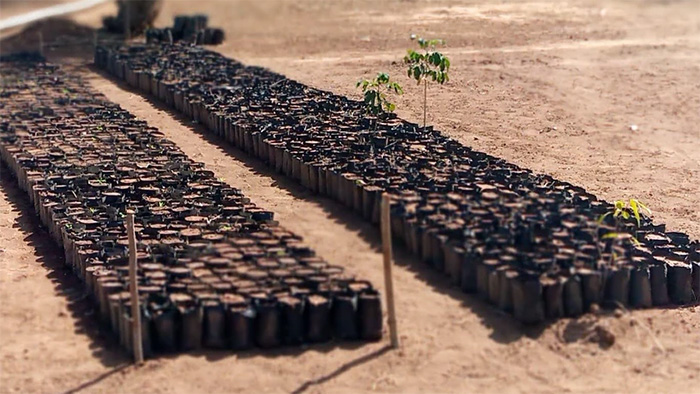
60 trees planted in Mozambique
As Ecologi members, we plant trees to offset our employees’ carbon footprint. And this month, as part of the 120 trees they planted, we were given 18 Acacia nilotica, 18 Adansonia digitata, 15 Strychnos spinosa, and 9 Trichilia emetica to plant in their project in Changalane, Mozambique.
Adansonia digitata is the African baobab tree, known for its delicious fruit, providing shade, and becoming gigantic trees with massive circumferences. Acacia nilotica is the gum arabic tree, producing the gum arabic that is used in everything from paints to cocktail syrup. Strychos spinosa is the spiny orange tree, producing fruit and leaves that are popular with many African animals. And Trichilia emetica is a lovely decorative flowering evergreen also known as the Natal mahogany.
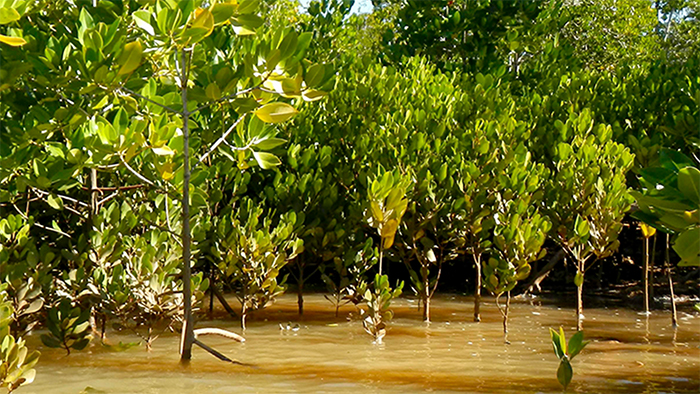
55 mangroves planted in Madagascar
Ecologi also planted 30 Bruguiera gymnorrhiza and 24 Avicennia marina in their Marotaola project in Madagascar. Bruguiera gymnorrhiza are large mangroves that provide a protective canopy for the other mangroves in the region. Also known as black mangroves, they also have a strong root system that digs into the soil, preventing it from being washed away during tidal surges. Avicennia marina are known as grey mangroves and are especially effective in areas with daily tides, helping to stop coastline erosion.
We also received one black mangrove from Tree-Nation to offset our carbon emissions for our website.
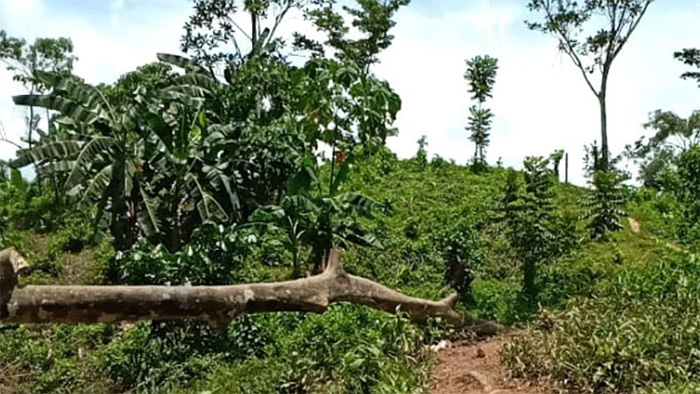
6 Acacia trees planted in Nicaragua
Ecologi is also helping the Bosawas Biosphere Reserve reforest over 1,300 acres of land. We’ve added six more acacias to this collection, giving even more trees to the area and helping the local community protect against illegal loggers.
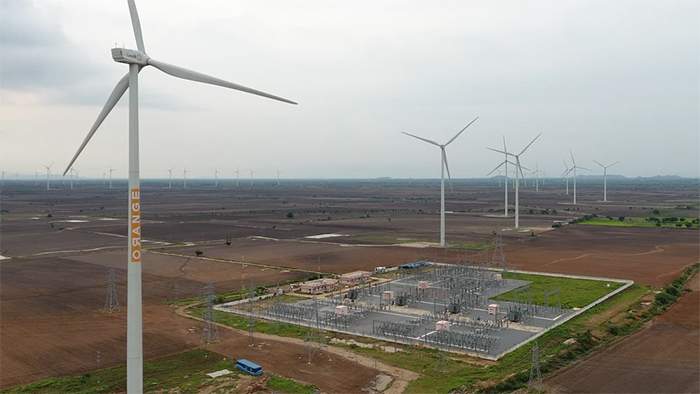
Supporting wind turbine projects in India
Part of our employee offset is also helping to fund environmental projects around the world. Ecologi is helping to fund the M/s Orange Anantapur Wind Power plant in Andhra Pradesh, India. Rural India largely relies on coal-burning plants for its electricity, emitting CO2 and contaminating local water sources. With this project, 50 wind turbines will be installed, producing 100,000 kilowatts of power for the region, as well as cheaper energy prices, cleaner water, and well-paying jobs.
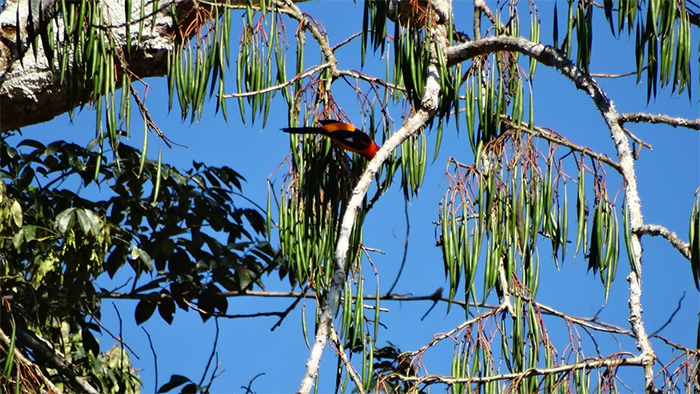
Protecting and preserving rainforest in Brazil
Ecologi is also working with an Argocortext project in Almeirim, Pará, Brazil, to ensure sustainable timber harvesting in the region, by replanting native species and protecting rare tree species, especially the mahogany trees. With over 150 tree species in the region, this will help protect the rainforest from clear-cutting and help to save not only the trees but all the wildlife that needs the trees.
Our impact
Through these projects over the past month, we’ve reduced our carbon footprint by an additional 140 tonnes, making it almost 1440 tonnes from the beginning of the year — the equivalent of 4.3 square kilometres of sea ice saved or over 200,500 incandescent light bulbs being switched to energy-saving LEDs!
We’ll keep you up to date with how we’re doing each month through our blog and we hope you’re as delighted as we are with the number of trees we’ve planted and our carbon offsets.
